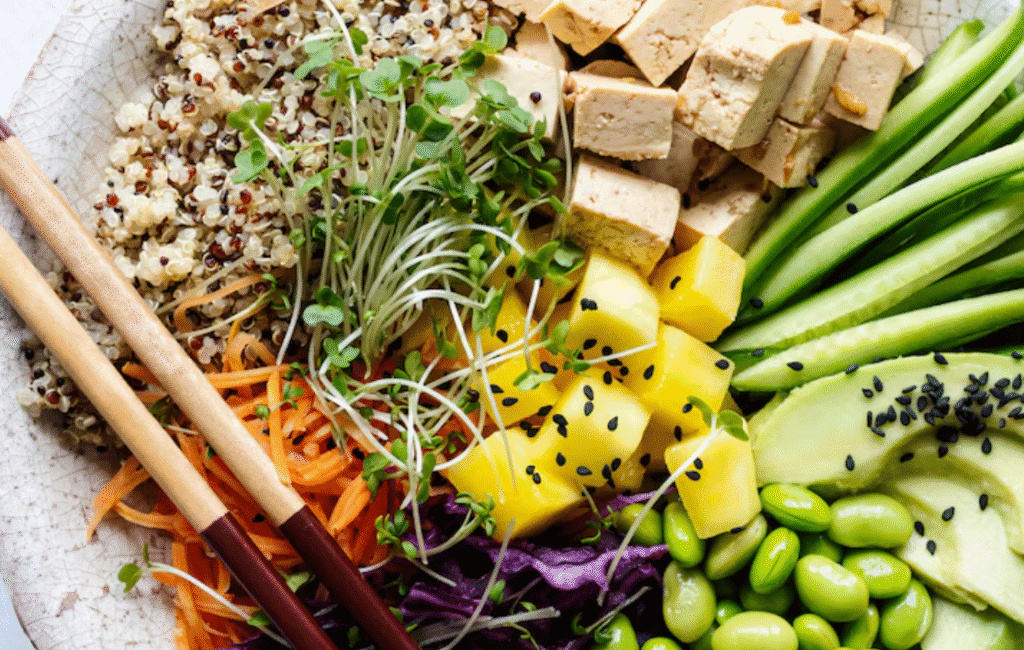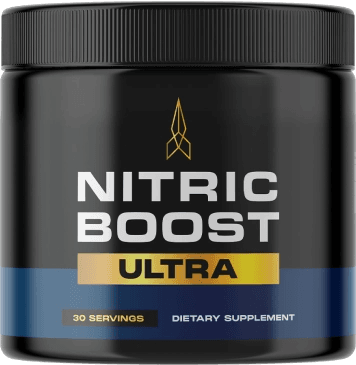At its core, veganism is not just a diet—it’s a philosophy rooted in compassion and justice. While many people adopt veganism for health or environmental reasons, a significant number do so because of animal rights. This article explores the ethical foundation of veganism and why millions of people are choosing to live in a way that avoids harming animals as much as possible.
What Are Animal Rights?
Animal rights are the belief that non-human animals deserve to live free from exploitation, suffering, and human use. Just like humans, animals have interests, such as staying alive, avoiding pain, and forming social bonds.
Animal rights differ from animal welfare, which aims to reduce suffering but still permits the use of animals (e.g., humane slaughter). Veganism rejects using animals altogether, based on the idea that animals are not here for human use.
The Reality of Animal Agriculture
Even in the most “humane” farms, animal agriculture involves severe suffering and premature death. Key facts include:
1. Factory Farming Is the Norm
Over 90% of meat, dairy, and eggs come from intensive factory farms. Animals are confined in small spaces, mutilated without painkillers, and denied natural behaviors.
- Chickens: Beaks cut, overcrowded, killed at 6 weeks
- Pigs: Tails docked, teeth clipped, confined in crates
- Cows: Separated from calves, forcibly impregnated, slaughtered after milk production drops
2. Slaughter Involves Suffering
All animals used for food are killed, often while fully conscious due to high-speed slaughter lines. There is no truly humane way to take a life that doesn’t want to end.
3. Dairy and Eggs Still Kill
- Dairy: Cows are continually impregnated, and their calves are taken shortly after birth. Male calves are often killed for veal.
- Eggs: Male chicks are ground up alive or suffocated because they don’t lay eggs.
Even without meat, the egg and dairy industries cause immense suffering.
Why Veganism?
Veganism offers a powerful response:
“If we can live happy and healthy lives without harming others, why wouldn’t we?”
By avoiding animal products, vegans reject participating in systems that treat animals as property, objects, or commodities.
Ethical Arguments for Veganism
1. Animals Are Sentient Beings
Modern science confirms that many animals can feel pain, pleasure, fear, joy, and attachment. Pigs are as intelligent as dogs. Cows have best friends. Chickens recognize faces.
Sentient beings deserve moral consideration, regardless of species.
2. Speciesism Is Discrimination
Speciesism is the assumption of human superiority leading to the exploitation of animals. It’s comparable to other forms of discrimination (racism, sexism) in its unjust logic.
Veganism challenges speciesism by advocating for equal moral consideration.
3. Consent Is Impossible
Animals cannot give consent to be used for food, clothing, entertainment, or research. This lack of consent makes all animal use inherently exploitative.
Common Justifications—and Why They Don’t Hold
- “It’s tradition.” — So were many unethical practices in history. Morality evolves.
- “It tastes good.” — Pleasure doesn’t justify pain or exploitation.
- “Animals eat other animals.” — We have moral agency; lions don’t shop at grocery stores.
- “It’s natural.” — So are disease and violence—this doesn’t make them right.
- “I love animals.” — True love means not hurting those we care about.
How Veganism Respects Animal Rights
Being vegan means choosing alternatives that align with values like kindness, empathy, and nonviolence. It means:
- Choosing plant-based foods instead of meat, dairy, and eggs
- Wearing synthetic or plant-based clothing instead of leather, fur, wool, or silk
- Avoiding animal-tested products
- Supporting cruelty-free entertainment (no zoos, circuses with animals, etc.)
The Ripple Effect of Compassion
When one person goes vegan:
- Fewer animals are bred into suffering
- Less money supports cruelty-based industries
- More awareness is spread
- Ethical products and innovations grow
Your actions inspire others and create demand for a kinder world.
Final Thoughts
Veganism is not about being perfect—it’s about doing the least harm possible. In a world where animal suffering is normalized, choosing not to participate is a radical act of love and justice.
If you believe animals deserve to live free from harm, your daily choices can reflect that belief. Every plant-based meal, cruelty-free product, or compassionate decision you make helps build a future where all beings are treated with respect and dignity.




